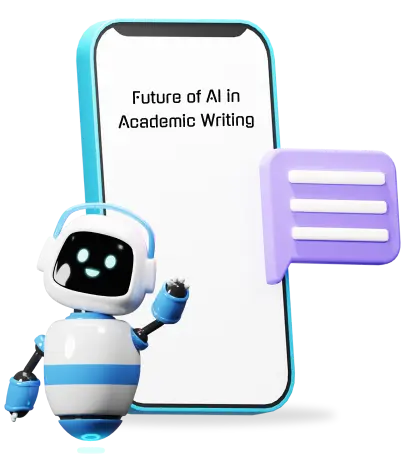In academia, the peer review process stands as a critical gatekeeper for ensuring the credibility of new knowledge.
The traditional peer review process has been a cornerstone of academic publishing for decades. It serves as a vital mechanism for maintaining the quality and integrity of scholarly research. However, as technology continues to advance, the integration of artificial intelligence (AI) into peer review is revolutionizing the academic publishing landscape.
This blog explores how AI is transforming the peer review process and its potential implications for researchers, publishers, and the wider scientific community. So let’s dive in!
The traditional peer review process involves submitting a research manuscript to a journal. There it is evaluated by a group of editors and expert scholars in the field.
These experts assess the paper's significance, originality, methodology, and overall quality. Based on their consensus, they either recommend acceptance, revision, or rejection.
While this process has been effective in maintaining research standards, it is not without its challenges.
The peer review process is a very time-taking process. Manuscripts often take several months or even years to move through the entire cycle of submission, review, revision, and final acceptance.
This sometimes harms the relevance of the research as new knowledge and information continues to emerge about a certain topic.
Human reviewers are susceptible to conscious and unconscious biases, which can influence their evaluations. This subjectivity may impact decisions on manuscript acceptance, revision, or rejection.
The academic community faces a shortage of qualified experts available for peer review. This scarcity can result in overburdened reviewers, prolonged review times, and potential delays in the publication of valuable research.
The quality of reviews can vary widely due to differences in expertise, time availability, and motivations of reviewers. Inadequate feedback may hinder authors from improving their work effectively.
Some reviewers might provide minimal feedback, focusing solely on whether a paper should be accepted or rejected without offering constructive suggestions for improvement.
The emergence of artificial intelligence (AI) has brought about a transformative shift in the traditional peer review process, addressing many of the challenges.
By harnessing the power of AI, researchers and publishers are revolutionizing how scholarly manuscripts are evaluated, offering a more efficient, objective, and dynamic review experience.
Here are some of the ways AI improves the peer review process.
With AI in academic research, the slow peer review process can be sped up effectively. It would ensure that new research is reviewed and published while it is relevant.
Here is how AI can improve the efficiency and speed of the publishing process.
AI algorithms excel at rapidly matching submitted manuscripts with suitable expert reviewers. It can match an expert based on content, keywords, and previous reviewing history. This reduces the time authors spend waiting for their work to be reviewed.
AI-powered systems can streamline the review process by automating administrative tasks. This enables manuscripts to move through the cycle more swiftly.
One of the most common barriers to speeding up the review process is the lack of availability of suitable reviewers. Here’s how AI can solve this problem:
AI systems can assess the expertise of potential reviewers more comprehensively, ensuring that manuscripts are reviewed by individuals with the most relevant knowledge and insights.
By distributing review assignments more evenly, AI can help alleviate the burden on overworked reviewers, leading to higher-quality assessments.
All academic papers have to go through a rigorous plagiarism check. This includes all kinds of plagiarism, even those that are difficult to detect. AI has enhanced a lot of traditional plagiarism-checking tools that only check for similarity.
AI algorithms can scan vast databases to identify instances of plagiarism, ensuring the originality of submitted work and maintaining the academic integrity of publications.
AI can cross-reference previous research to verify replication efforts, contributing to the reproducibility and credibility of scientific findings.
Academic standards of tone, style, and grammar are relatively more rigorous than other forms of writing. However, manual checks have a chance of human error and bias. Natural Language Processing (NLP) AI makes grammar checks and language analysis more accurate and efficient.
AI-powered language and grammar checks can enhance the clarity and coherence of manuscripts. Making research findings more accessible to a broader audience.
AI can assist non-native English speakers in refining their writing. With AI content improvers, writers can efficiently polish their works. This would make academia more inclusive by helping writers and researchers who are not proficient in English.
While AI offers remarkable advancements, it is crucial to address and understand potential concerns that might arise.
Here are some of the challenges AI poses for peer review.
Human reviewers possess the ability to comprehend the subtleties and nuances of research that AI might struggle to grasp. The unique perspective and contextual understanding that human experts bring to the table could be diminished by over-reliance on AI.
Moreover, complex interdisciplinary research might be particularly challenging for AI algorithms to evaluate. This could potentially lead to oversights and misinterpretations.
AI systems are trained on historical data, which may carry inherent biases present in past peer review decisions. This could inadvertently perpetuate existing biases in the evaluation of new manuscripts.
In addition, different scientific disciplines have varying standards and nuances in their evaluation criteria. AI algorithms need to be fine-tuned for each field to ensure accurate and fair assessments.
There are also some ethical concerns about the use of AI as a complete replacement for human reviewers. For instance, the human touch in assessing research ethics may be challenging for AI to replicate.
There needs to be more development in the area of ethics-conscious AI to be fully trusted as a peer review helper.
As the integration of AI continues to reshape the peer review landscape, it is essential to chart a clear path forward that maximizes the benefits.
The following strategies pave the way for a harmonious coexistence between AI and traditional peer review processes.
Integrating AI tools alongside human reviewers presents a promising approach that capitalizes on the strengths of both entities. By combining AI's speed and efficiency with the contextual understanding of human experts, a more comprehensive assessment can be achieved.
This hybrid model allows AI to handle administrative tasks, such as reviewer assignments and plagiarism checks. Meanwhile, human reviewers focus on in-depth evaluations and providing qualitative feedback that AI might struggle to offer.
To foster trust and confidence in the AI-powered peer review process, publishers and developers must prioritize algorithm transparency. It's crucial to provide researchers with visibility into how AI decisions are made.
This entails disclosing the factors, criteria, and data analysis tools that influence reviewer assignments and recommendations. Transparent algorithms empower authors to better comprehend the evaluation process.
Additionally, feedback loops that allow authors to question or challenge AI-generated decisions can further enhance accountability.
The academic landscape is ever-evolving, and AI systems must evolve alongside it. Regular refinement and updates to AI algorithms are essential to ensure that they remain effective, accurate, and adaptable.
Collaboration between AI developers, publishers, and the research community is crucial in identifying areas for the enhancement of AI tools.
To conclude,
The integration of AI into the peer review process holds the promise of making academic publishing more efficient and inclusive.
While challenges and concerns exist, the potential benefits should not be ignored. The transformation brought about by AI for literature review represents a significant step towards enhancing the quality, credibility, and accessibility of scholarly knowledge.
Need an AI that can help ease your writing burden? PerfectEssayWriter.ai is your answer!
With its multiple templates and advanced capabilities, it empowers you to craft coherent and engaging pieces. This AI essay generator can meet the demands of diverse writing needs.
So try it out today!

WRITTEN BY
Cathy A. (Mass Communication, Education)
Cathy is a highly dedicated author who has been writing for the platform for over five years. With a Master's degree in Mass Communication, she is well-versed in various forms of writing such as articles, press releases, blog posts, and whitepapers. As an essay writing guide author at PerfectEssayWriter.ai, she has been helping students and professionals improve their writing skills by offering practical tips on research, citation, sentence structure, and style.
For more than five years now, Cathy has been one of our most hardworking authors on the platform. With a Masters degree in mass communication, she knows the ins and outs of professional writing. Clients often leave her glowing reviews for being an amazing writer who takes her work very seriously.
On This Page On This Page
Share this article
AI in Collaborative Learning Environments
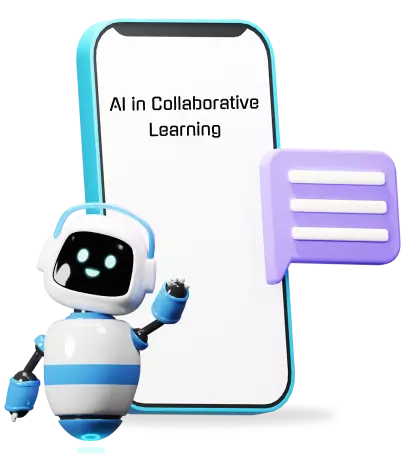
AI Tutors: Personalized Learning for Students in the Digital Classroom
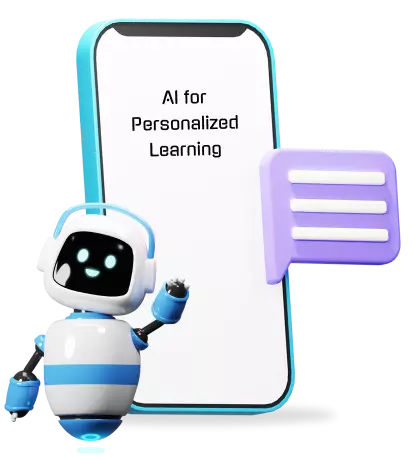
AI and the Future of Teacher-Parent Communication
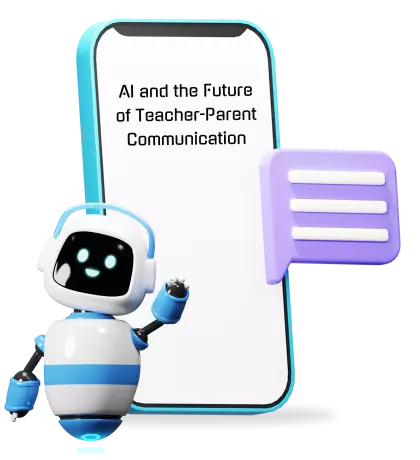
AI in Curriculum Design: Adapting Education for the Future
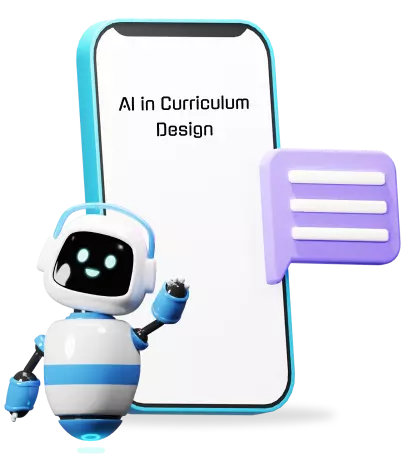
AI and Multilingual Education: Bridging Language Barriers in Learning
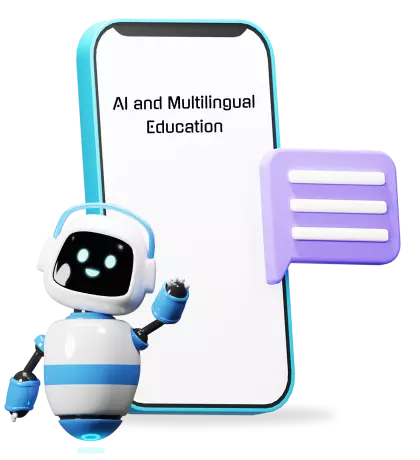
AI and Special Education: Empowering Students with Disabilities
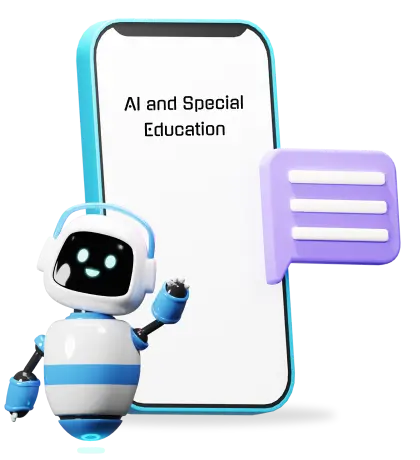
AI and Research Discovery
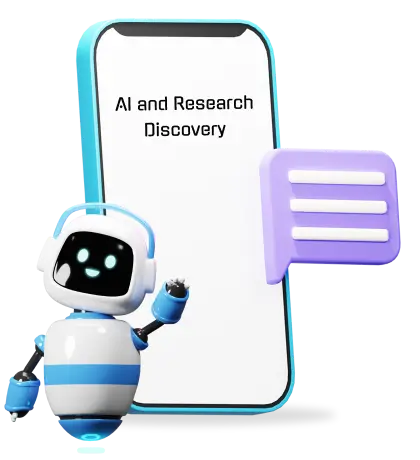
AI in Peer Review: Transforming the Academic Publishing Process
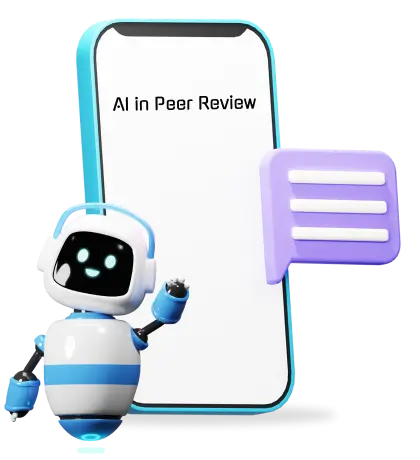
AI's Impact on Student Performance
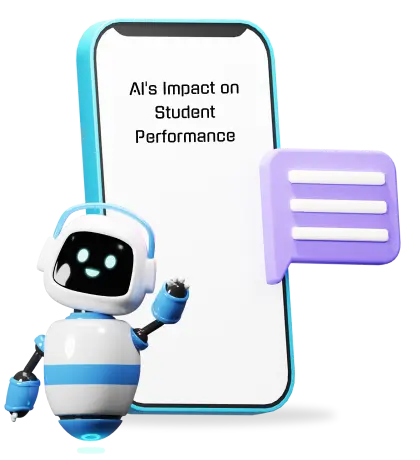
Ethical Considerations in AI Research: Ensuring Fairness and Bias Mitigation
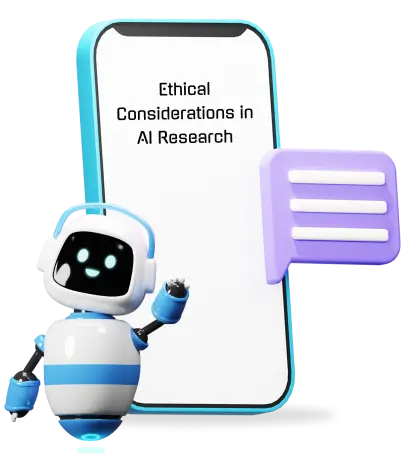
Ethical Considerations in AI-Generated Academic Content
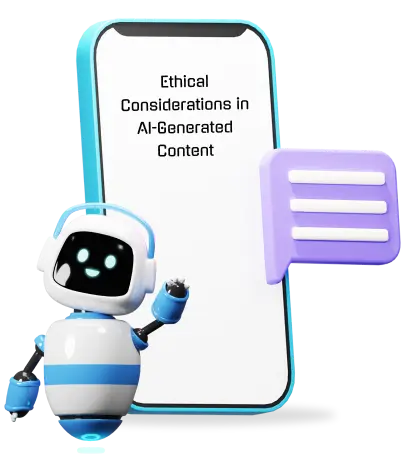
The Future of AI in Academic Writing: Trends and Predictions
